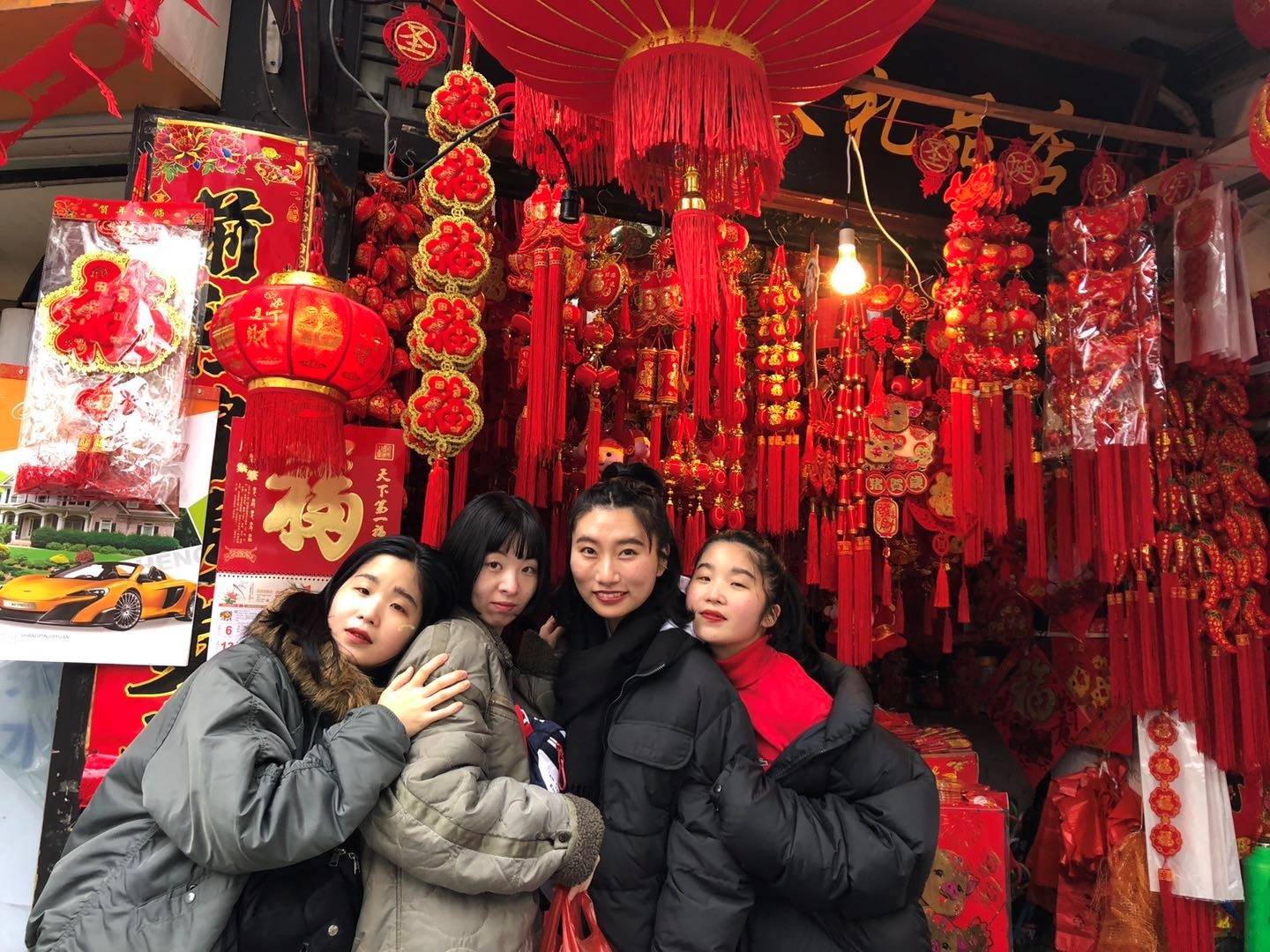Eclectic Japanese rock band Chai’s venture into the Chinese market started with TikTok.
Despite little promotion, the quartet’s 2017 song “Kawaii Hito'' went viral on Douyin, the Chinese version of the short-form video app, according to Terao Budha, chief executive officer of Big Romantic Entertainment, a company that helps to bring Japanese artists to mainland China and Taiwan.
“I assumed people would know that song, but not know Chai,” Budha tells The Japan Times via video from his home in Taipei. “They wouldn’t be able to make a connection between the two.”



















With your current subscription plan you can comment on stories. However, before writing your first comment, please create a display name in the Profile section of your subscriber account page.